Nigel Pereira explores a world of possibilities where Artificial Intelligence could resurrect harmonic minds of the past and bring alive their music for now and forevermore
The musician Grimes was quoted on Sean Caroll’s Mindscape podcast stating, “Once there’s actually AGI (Artificial General Intelligence), they’re going to be so much better at making art than us.” If you missed our previous post on AGI, you could find it here.
Now though this comment met with backlash from the music community, there are already a lot of examples of AI producing art, particularly music. No, we’re not saying AGI is already here or even close to being here, what we’re saying is, AI is already making music that can easily be mistaken for the real deal.
Sify Technologies – ICT Service Provider
Lost tapes of The 27 Club
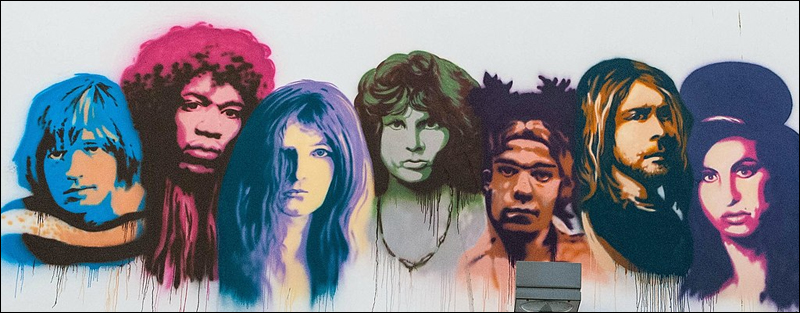
Now anyone familiar with the tragic coincidence of The 27 Club would know that even attempting to recreate their music is nothing to be taken lightly. Consisting of celebrity musicians like Jim Morrison, Jimi Hendrix, Kurt Cobain, Amy Winehouse, and Janis Joplin among many others that all tragically died at the same age, using AI to bring their music back to life was a gigantic and bold undertaking.
That being said, Lost Tapes Of The 27 Club was created by Over The Bridge with a mission to change the conversation on mental health in the music industry, if you or anyone you know needs help, click here.
Using an AI algorithm to study all the available data consisting of the entire discography as well as “isolated hooks, rhythms, melodies, and lyrics” of the late artists, four brand new tracks were created. While these are brand new AI-generated tracks, they have been created to mimic the styles and voices of Kurt Cobain, Amy Winehouse, Jimi Hendrix, and Jim Morrison, respectively.
If you haven’t heard them yet you can find them here, just remember to keep an open mind considering this is a glimpse of what could have been if mental health had been easier to talk about than it was at the time or than it is now.
The ‘Curse of the Ninth’
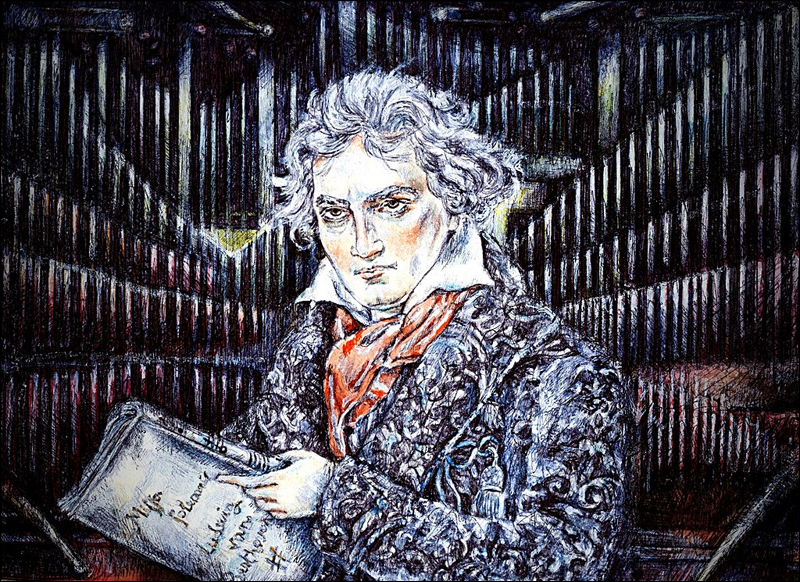
It is said that a lot of famous composers of the 19th and 20th centuries passed away before they could complete their tenth symphonies giving rise to a superstition that the ninth symphony was a curse.
While this superstition has apparently been debunked since composers like Mozart wrote 41 symphonies, there are still a number of legendary composers like Beethoven, Buckner, Schubert, Dvorak, and Mahler with unfinished tenth symphonies. Beethoven’s tenth symphony, in particular, is of special interest since his music is still relevant almost 200 years after his death.
While Beethoven had already started work on his tenth symphony before his death in 1827, he had only completed the first movement. Similar to chapters in a book, movements are used to organize longer pieces of music on the basis of themes and ideas and also to build suspense.
Dr. Ahmed Elgammal was the lead scientist on the AI project to complete Beethoven’s tenth symphony which was considered complete when a group of experts couldn’t tell where Beethoven’s work ended and the AI’s began. The AI-powered tenth premiered on Oct 9, 2021 at the Telekom Forum in Germany.
AI for everyone
There are lots of implications for AI in the music world and not just for helping us cope with the loss of artists and celebrities who have passed on. Alex Mitchell, the founder of Boomy, aims to bring AI music to the masses by helping anyone create their own song on his app.
That’s right, you simply choose your genre, click on “create song,” and the app will have an original track for you to lay vocals on in less than 30 seconds. Additionally, Boomy users have already created over 5 million songs, 85% of which have been made by users who have no musical background.
There are also a lot of AI-powered tools that help musicians like the Solaris Virtual Vocalist which lets you draft vocals that can later be used as a reference by a real singer.
Similarly, Amper is a cloud-based AI platform that simplifies the process of creating license-free music that can be used as the background for videos, podcasts, or even video games. Another good example is Ecrett Music which uses AI to create music based on the scenes in a video and also lets you choose the “vibe” for your song like calm, chill, or even angry and powerful.
Anything is possible
There was a time when no one could have even imagined using AI to bring dead people back to life but anyone who saw the Tupac hologram performing live with Dr.Dre and Snoop at Coachella would say otherwise.
Similarly, Elvis Presley just made an appearance at America’s Got Talent and the scary part is AI is just getting started.
In the future, you will probably be able to buy tickets for a Beatles or Abba show in the Metaverse where you might even get to go backstage and shake hands with the digital doppelgangers of your favorite celebrities.
In case you missed:
- Scientists establish two-way Lucid Dream communication!
- AI in 2025: The Year Machines Got a Little Too Smart (But Not Smart Enough)
- Having two left thumbs may no longer be a bad thing
- CDs are making a comeback, on a petabyte-scale capacity!
- How AI Is Helping Restore the World’s Coral Reefs
- Netflix replaces its game developers with AI
- Researchers develop solar cells to charge phones through their screens
- Omnidirectional VR treadmills, go anywhere without going anywhere!
- So AI can get bored, “suffer,” and even commit suicide?
- Neuralink Blindsight and Gennaris Bionic eye, the future of ophthalmology?
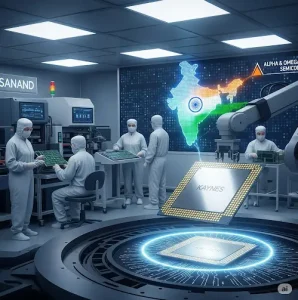

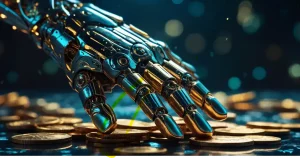

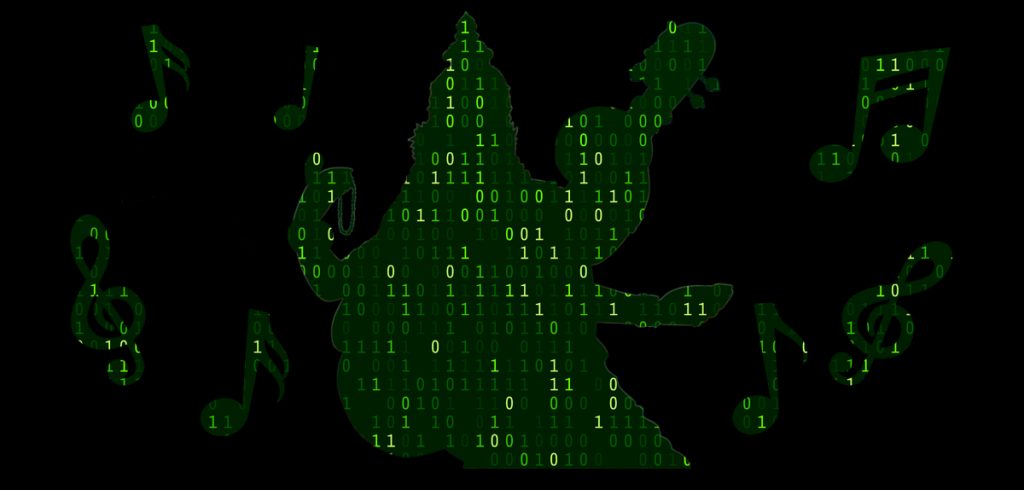
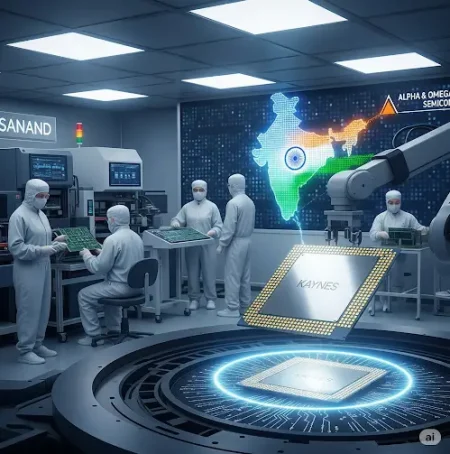

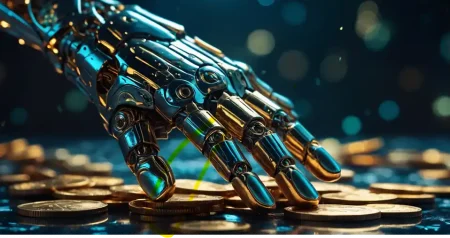
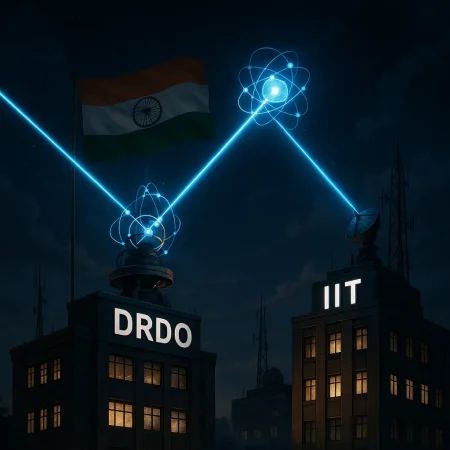


3 Comments
Interesting article. I didn’t know Beethoven’s 10th symphony was partially created by him and rest through AI.
Now this reminds me of an episode of Guilty Minds (courtroom drama on Amazon Prime). In that, a group of composers file a case against an AI algorithm that samples music from a large database of existing songs and creates a new song. Similar to AI art generators, that music generator gets inputs from a series of words as input and creates music within minutes.
Interesting times ahead.
This is an excellent article.
Found this typo too 😊
Beethoven’s tenth symphony, in particular, is of special interest since his music is still relevant almost 200 hundred years after his death.
I think, that you are not right. I am assured. Write to me in PM, we will discuss.